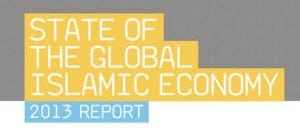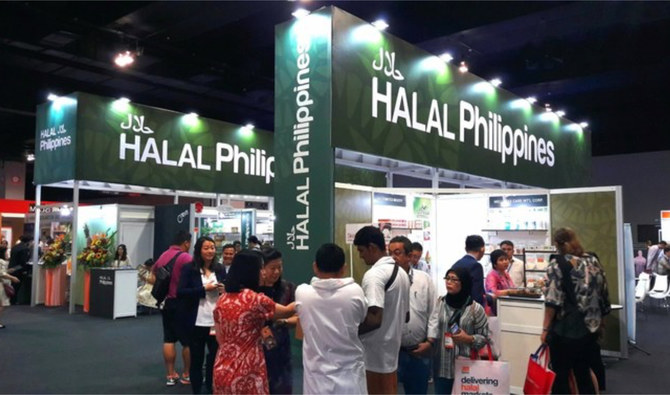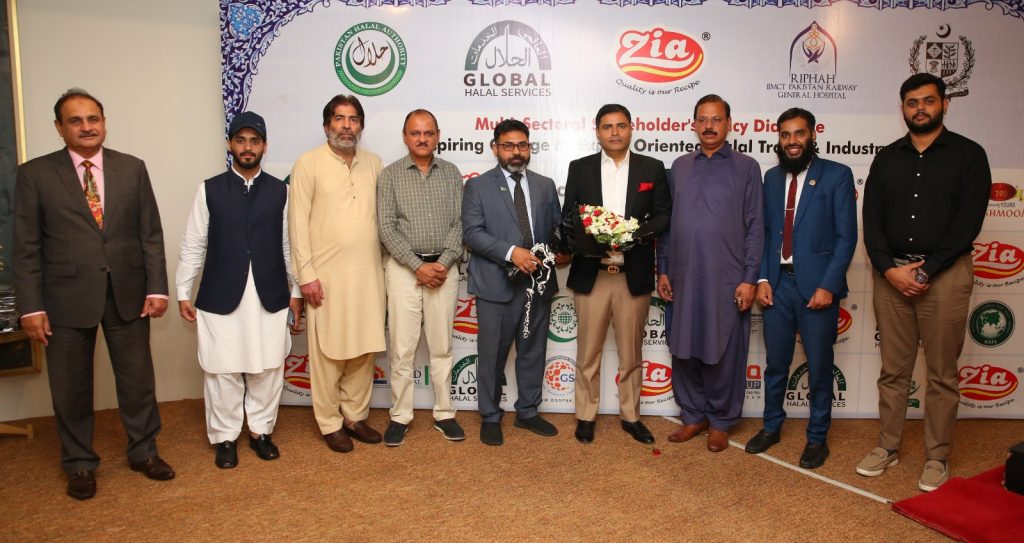By Andrew Shouler Financial Correspondent – Gulf News
Dubai’s sounding of an Islamic economy theme has been a highlight of 2013
In the past week it may be that one key feature and interim legacy of the tidal flow that was the global financial crisis began to ebb away.
The idea that the Fed’s decision, belatedly, to undertake tapering of its monetary injections marks an end to the era of easy money is simply laughable, given the persistence of ultra-low dollar interest rates. Easy money can only deem to have been dispensed with when real rates turn positive, which (with core US inflation at 1.7 per cent, and Gulf measures likely to average near 3 per cent in 2013) must be an age still away.
However, if it’s not the end, then maybe it is indeed the beginning of the end — and a sigh of relief all round, most obviously among stock indices this week. Other markets, such as oil, gold, the US dollar and related currencies, and bonds & sukuk, have been through less steady periods this year by comparison.
All these recurrently interesting variables, however, are almost bound to rise and fall like waves on the sea. For economies and sectors, meanwhile, there can legitimately be the hope that basically improving trends can be sustained, and resultant prosperity too, provided the growth model is sound.
Equity index
In the standout case of Dubai, the emirate seems clearly to have found its feet again in 2013, with its equity index riding highest in terms of regional gains, its real estate market buoyant again, and its strategic endeavours leaping forward in unique fashion — whether it’s the advent of a vast airport complex, or the resuscitated idea to turn the city itself into an island surrounded by its famous creek, or the expansion of the financial hub’s aspirations into the creation of the foremost centre of Islamic economy.
This last objective was of course fleshed out only a few weeks ago. It relates, though, not just to domestic goals, but to a worldwide industry which has received much fanfare in recent times, but which still has to prove itself in a competitive world, and amid the shifting sands of evolving cultures, politics, and economic and financial policy.
The byword of the moment has to be: potential.
It’s a very loaded term, of course, and one that carries in-built scope for disappointment, or even misinterpretation. Those commentators wishing governments to reclaim the sunlit uplands of the global GDP growth trend of 2008, for example, are dreaming in the clouds, without acknowledging the rooted reality that debt accumulation was fuelling that trajectory, unsustainably. The subsequent landing was a virtually inevitable crashing down, not a detour.
Yet, apropos the sectoral outlook mentioned, the scale of the upside for the Islamic finance segment alone seems enormous, by dint especially of demographics, but also, in terms of percentage growth possibilities, from building on a comparatively very low base.
 As the handbook to Dubai’s Global Islamic Economy Summit explained, the more comprehensively-defined arena offers a greater vista of opportunity still. Before this calendar year is out, it’s worth revisiting that theme, while addressing the caveats as well.
As the handbook to Dubai’s Global Islamic Economy Summit explained, the more comprehensively-defined arena offers a greater vista of opportunity still. Before this calendar year is out, it’s worth revisiting that theme, while addressing the caveats as well.
Authors Sayd Farook, Global head of Islamic Markets at Thomson Reuters, and Rafi-uddin Shikoh, managing director of Dinar Standard, listed eight drivers of the Islamic market that should sponsor and shape its prominence in future.
Demography
Four of those were related to trade and growth, namely: the demography of the world Muslim population; consumption trends directed by Sharia-compliant values; the economic growth profile of the relevant countries; and the intra-regional trade prospects of the Organisation of Islamic Cooperation (OIC) states.
Just to sample those factors, it was noted that the populations and economic growth rates of Muslim-majority countries are growing faster than the rest of the world, and that sectors such as halal food, travel, clothing & fashion, pharmaceuticals & cosmetics, and media & recreation are all projected to acquire greater shares globally.
Four other factors were described as ‘environment-based’, namely: the emerging presence of globalised companies participating and leading development in the Islamic space, whether banks or non-financials; the growing interest of developed economies in pursuing the growth markets of developing nations; the sentiment that arose from the global financial crisis in favour of ethical- and socially-conscious business; and the impact of communication technology in bringing the fragmented elements of the global Islamic economy towards connectedness.
It is of course difficult to argue with any of those ideas, which means their collective mass ought to enable the sector to become both established and substantial on the world stage.
Equally, though, there are undoubted snags in this story, themselves already in place, which is what brings the other criticality for any concept or industry to the table: delivery.
Sampling those drawbacks was possible at the Dubai event by discussion with delegates who shared their experiences and outlooks.
For instance, Laurent Marliere, CEO of Islamic legal specialist group and consultancy IsFin, while applauding Dubai’s initiative in this field as “smart”, made a number of points cautioning against the adverse possibilities that may still afflict efforts to project the Islamic economy.
The Islamic finance industry prides itself on its healthy and ethical governance, yet in some respects remains “troubled”, he says, with a “lack of maturity, and conflicts of interest”. Most obviously, its standards, and the control and the certification of Sharia-compliant products “are not evolved on an international scale”. The fact that acknowledged experts are found only in very limited numbers “leads to an unhealthy concentration of expertise”, with scope for scandal, he opines.
Marliere says the applications of regional hubs such as Malaysia and Dubai “must be saluted”, but achieving cross-border critical mass requires “relays” in other parts of the world for propagation.
As for reputation, he is scathing about those migrating from the conventional banking system whose independence and motivations are doubtful, but warns that an issue is detectible in Islamic finance too, when “the advisor happens to be the certificatory body as well”, as in the one-stop shop approach to organizing the industry.
Other frailties of the sector have been recounted before, such as inadequacies in risk management or marketing.
From just one interested voice, that’s quite a litany to overcome. It certainly suggests that the task that Dubai has chosen for itself in propelling the Islamic economy lacks nothing, once again, in ambition. Many will wonder on 2014 witnessing brave words being turned into action.



